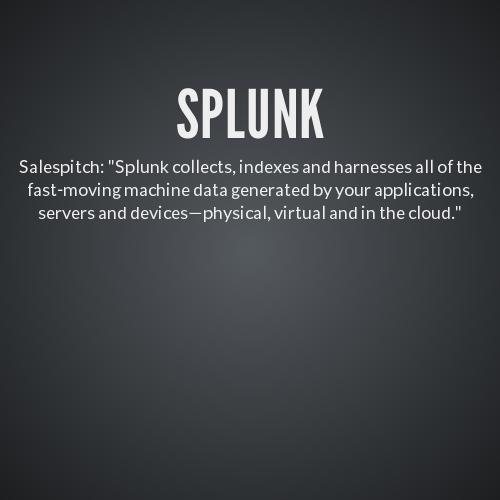Rules & Tips
Expectations & hopes
Rule #1
Read, learn and follow the coding standards
We need:
- Consistency
- Readability
-
Person independent code
- High quality code
- Modular and reusable code
Rule #2
Read, learn and follow the coding standards
rule #3
Install the VG coding standard setup for your editor:
- Netbeans
- SublimeText 2
- Vim
- Zend Studio (somewhere)
It does not exist, you say?
Create it!
rule #4
Document your code.
ALWAYS.
-
phpdoc/jsdoc
- Business logic/magic
- Not "//Check if string too long" after strlen()
- Think. What will the new guy need to know?
rule #5
Your code should NOT trigger errors, warnings or notices under normal operations
-
Clean code
- Initialize variables
- Don't assume anything ($arrayPassedIn['rareKeyThatIsALWAYSSet'])
- Catch ALL exceptions
rule #6
Your code SHOULD trigger errors, warnings or notices
under normal operations
- Dependencies to external resources
rule #7
Know if you're coding for speed or redundancy.
At VG it typically is BOTH.
- Use memcache (cache processing result)
- Use varnish (cache pages or ESI)
- Use New Relic to identify performance bottlenecks
- You could also use memcache or varnish to locally cache remotely fetched data (infinite variations, e.g. weather locations)
- You could fetch data using cronjob, and only read local version (limited variations, e.g. a list of currency prices)
rule #8
After launch, use Splunk and New Relic
with intent and with a plan.
- After minutes (real time)
- After hours, days (dashboards)
- After months (error alerts)
tip #1
NEVER stop assuming you code will fail/be buggy
-
Handle unintended usage
- Assume every external dependency will fail
- QA: Attempt to break it before you're done
- Write unit tests where possible (as small part as possible)
- Write integration tests where possible (parts combined)
- That's (one of the reasons) why we multiply estimates with 3.14159
tip #2
Position yourself to be the first to know
when the shit hits the fan
Someone says "Your site is down!"
You say A) "Which site? What's wrong?! Yelp!"
or B) "Already working on it, kthxbye."
Use splunk alerts, daily or instant
Tip #3
Be curious.
Never stop to challenge yourself.
It is human to stagnate - so don't.
In 1995 the head of the R&D department I worked for had the opinion that C was the language of the future (coming from Cobol). We (recently graduated) tried to persuade him to switch to C++.
He was "old" (40+), and had stagnated.
Don't become that guy.
tip #4
Care.
A good definition of "Result", is:
Result = Competence * Effort
Without Competence you get nothing of value.
Without effort you get nothing of value.
tip #5
Your code is your legacy.
It is what YOU will be remembered for.
So, follow the rules and tips. :-)
Rules & TipsExpectations & hopes
By jocumsen
Rules & TipsExpectations & hopes
- 722

